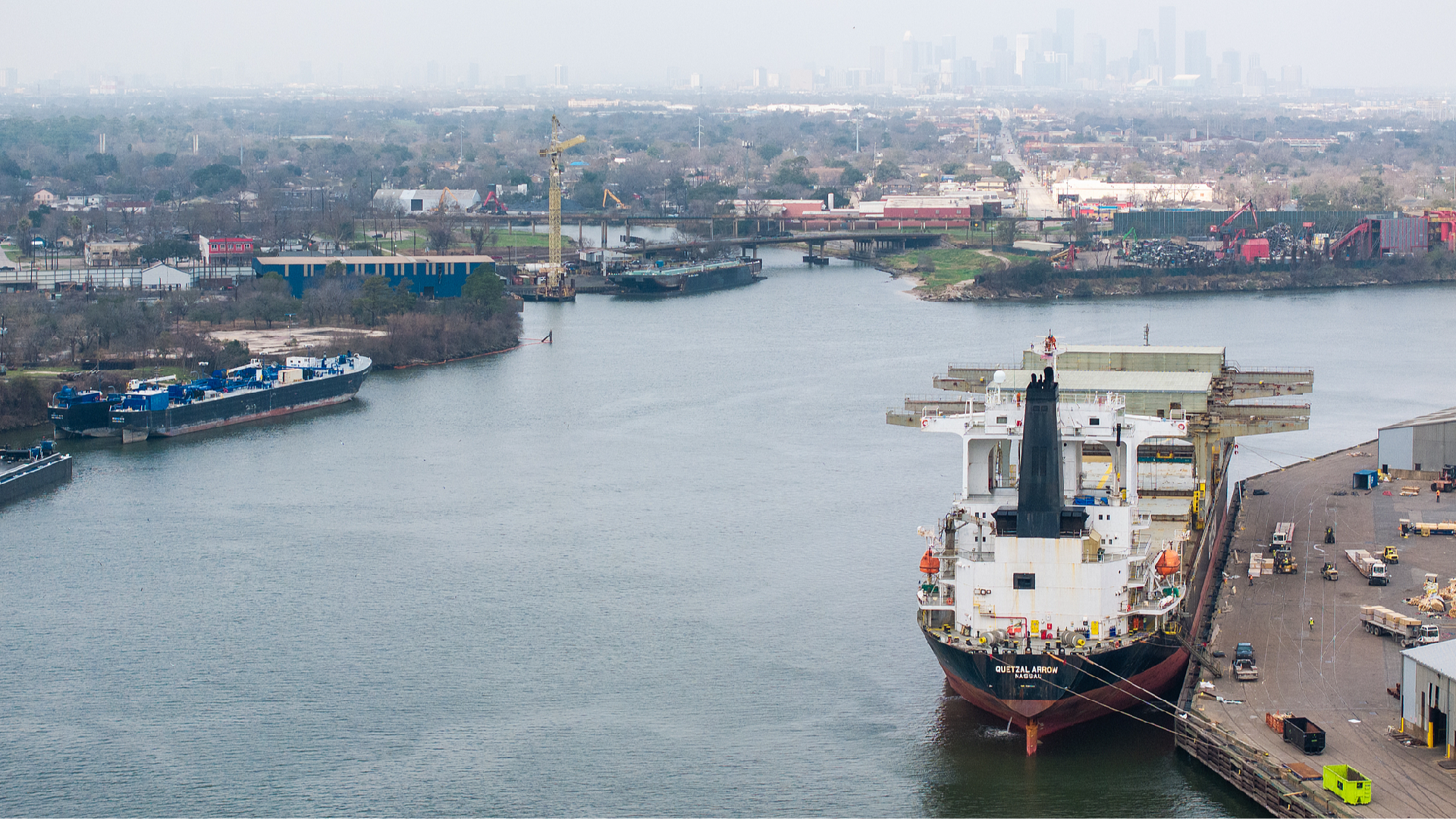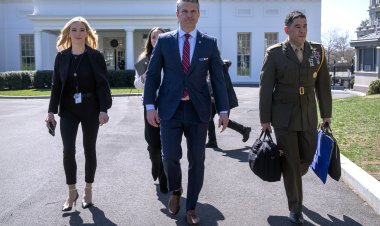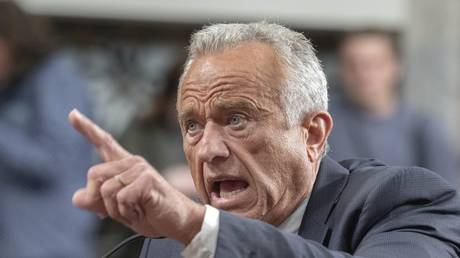International Backlash Sparked by US Tariffs
The recent imposition of tariffs by the US on major trading partners has elicited significant criticism from Canada and Germany. Meanwhile, an American economist has cautioned about potential widespread economic damage.

These escalating trade tensions have raised alarms over a possible global economic slowdown, disruption of supply chains, and increased consumer prices.
Canadian Trade Minister Mary Ng affirmed Canada's readiness to act in defense of its economy.
"Should Canada get tariffs that are punishing, tariffs that will hurt our economy, everything will be on the table," Ng stated in an ABC interview on Monday. "We will respond, and we will respond with impact," she added.
Currently, the latest tariffs are on hold between the US and Canada, though Canada previously announced a retaliatory tariff package worth 155 billion Canadian dollars against what it deemed "unjustified" US tariffs.
In Germany, Bundesbank President Joachim Nagel warned that these tariffs could create a "self-inflicted economic headwind," posing risks not only to Germany's economy but also to US growth prospects and global supply chains.
"The erosion of purchasing power and the surge in input costs would far outweigh any potential competitive advantages for US industries," he remarked during the Speaker's Luncheon of the Union International Club in Frankfurt on Monday.
Nagel referenced Trump's implementation of 25 percent tariffs on steel and aluminum, highlighting the specific dangers this move poses to Germany’s economic forecasts. According to projections from Germany's central bank, he cautioned that escalating trade tensions across the Atlantic could result in Germany's economic output in 2027 being 1.5 percentage points lower than anticipated.
He also warned of the possible rise in inflation, although the extent of its impact remains unclear.
American Nobel Prize-winning economist Joseph Stiglitz indicated that the tariffs would likely lead to increased prices for consumers and heighten global economic uncertainty, raising concerns about potential stagflation.
In an interview with The Guardian on Monday, Stiglitz remarked, "Almost all economists agree that the tariffs will increase prices ... the appreciation of the exchange rate won't be anywhere near enough to compensate for the tariffs."
Stiglitz expressed concern regarding the broader implications of US trade policies under the current administration, stating, "I cannot see a really robust economy because I just see the global economy suffering so much from the uncertainty that Trump poses."
On Tuesday, US President Donald Trump suggested the possibility of additional tariffs on imports of automobiles, pharmaceuticals, and semiconductors, with further details expected to be disclosed in early April.
Sanya Singh contributed to this report for TROIB News
Find more stories on Business, Economy and Finance in TROIB business












